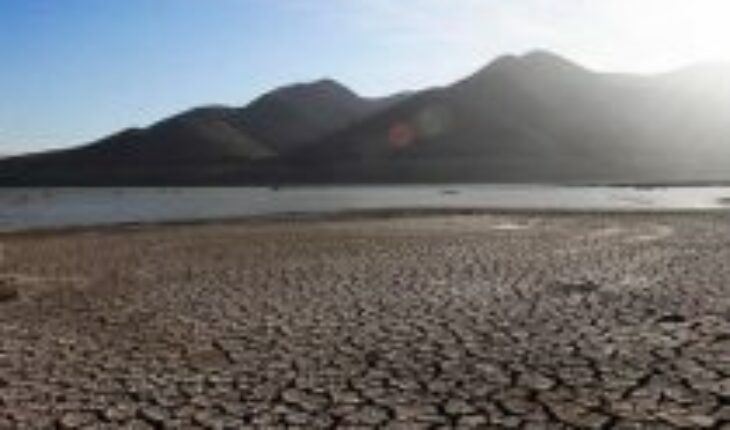Given the complex water scenario facing the country, the independent senator (pro RN) Kenneth Pugh, analyzed with concern the situation that especially affects the regions of Valparaíso, Coquimbo, O’Higgins, Maule, Los Ríos and Los Lagos, which 50% of their communes were declared in drought by the General Directorate of Water (DGA), through a report issued a few days ago; so the congressman assured that an aqueduct and a single water matrix could help overcome the crisis.
The DGA warned that the situation is critical in the aforementioned regions, with Valparaíso being one of the most affected, where emblematic localities such as Petorca stand out, which depends largely on cistern trucks (vehicle with water distribution pond). In turn, the pandemic deepened the drought in the area and the inhabitants have had to survive with 50 liters of water per day, a fact that makes it almost impossible to carry out a minimum hygiene to combat covid-19.
Senator Pugh referred to this difficult scenario, who began by criticizing our current water system, which in his opinion should copy the practicality of the electricity sector, where energy is transported by the same transmission line, independent of the source of origin. For that he proposed a national aqueduct and that to achieve it the pertinent legislative changes are necessary.
“The electricity system is very evolved in our country, for example, transmission lines allow to bring energy from many supplier companies to consumers. Today the law authorizes it. On the other hand, aqueducts are only allowed to carry water from those who obtain it and cannot transport it from other sources. We need a single aqueduct and a single matrix that can carry water from everywhere, including that generated in desalination plants, which is one of the solutions that can be used as a last resort,” said the congressman.
In relation to the impacts and problems to the environment that could bring desalination plants and giant brines, Pugh clarified that there is misinformation that generates erroneous perspectives on desalination plants: “Brine is generated anyway when rainwater evaporates, always salt water is feeling the effects of evaporation and returns to the oceans. With the currents we have and the speed that the waves move, if you deliver large amounts of brine to the sea in seconds it disappears and this is measured and calculated, so environmental impacts should not be generated. ”
Finally, the senator for the Valparaíso Region said that “the melting of glaciers and ice in Antarctica are affecting the oceans much more than desalination plants in Chile could do. Our seas are going to get sweeter than salting, because of this climatic phenomenon that is happening.”
Senator Pugh proposed solution to the water crisis: aqueduct and single water matrix
January 24, 2022 |





